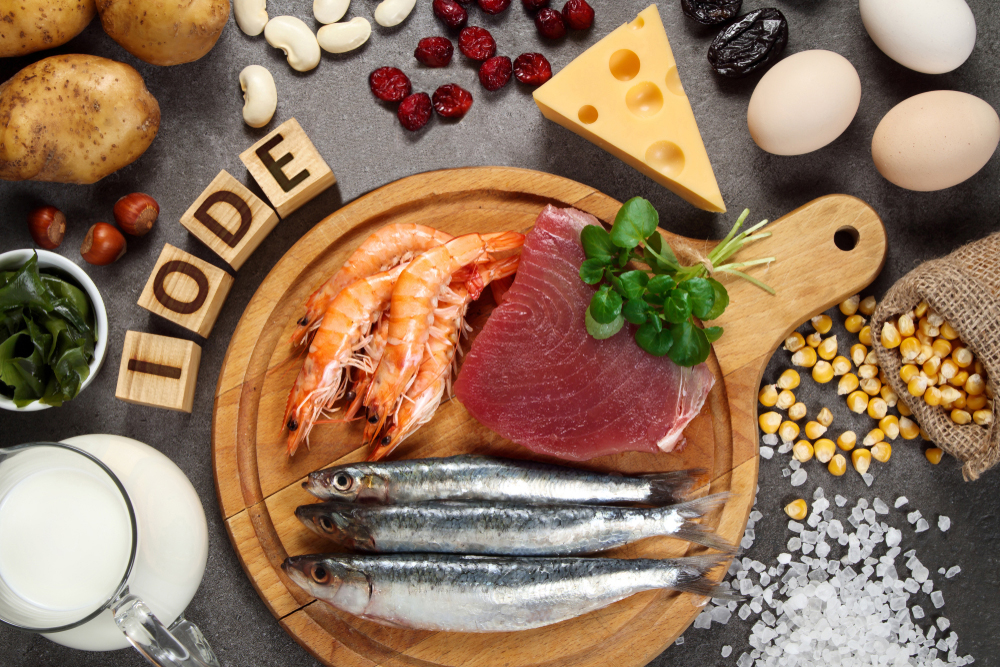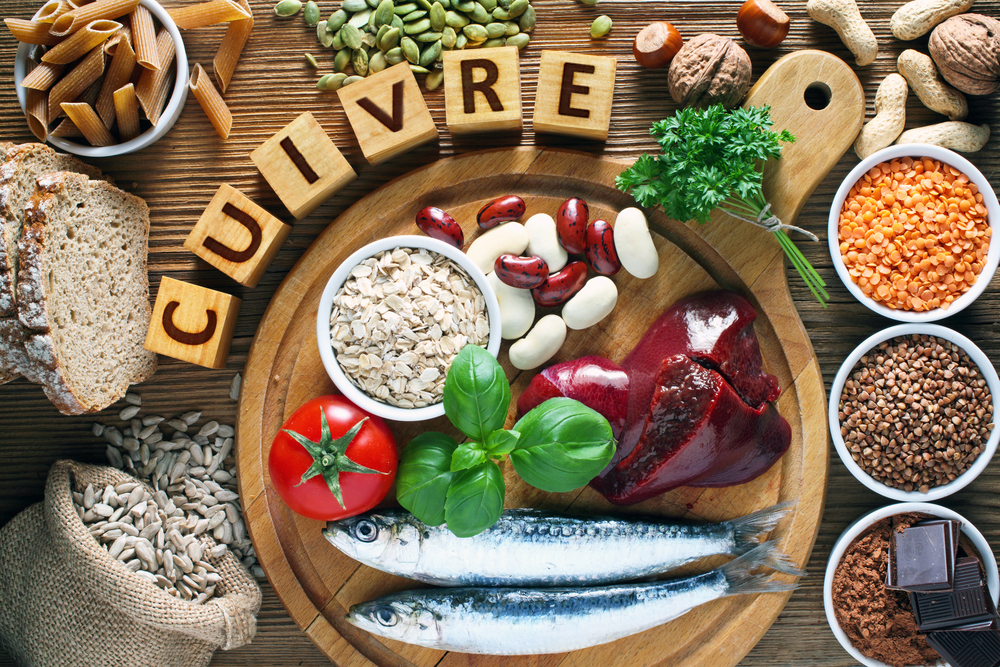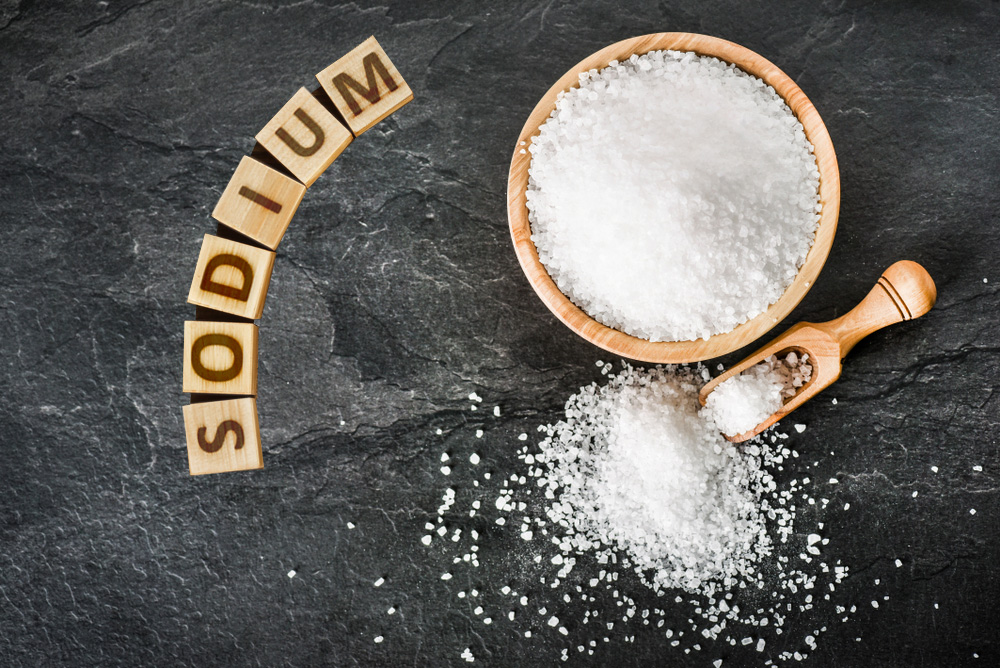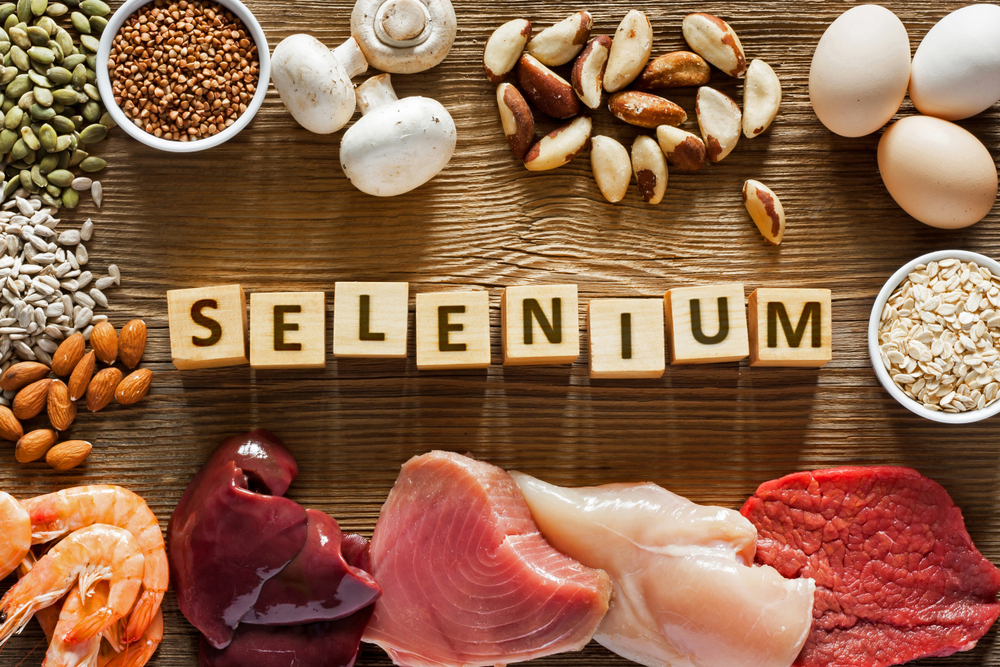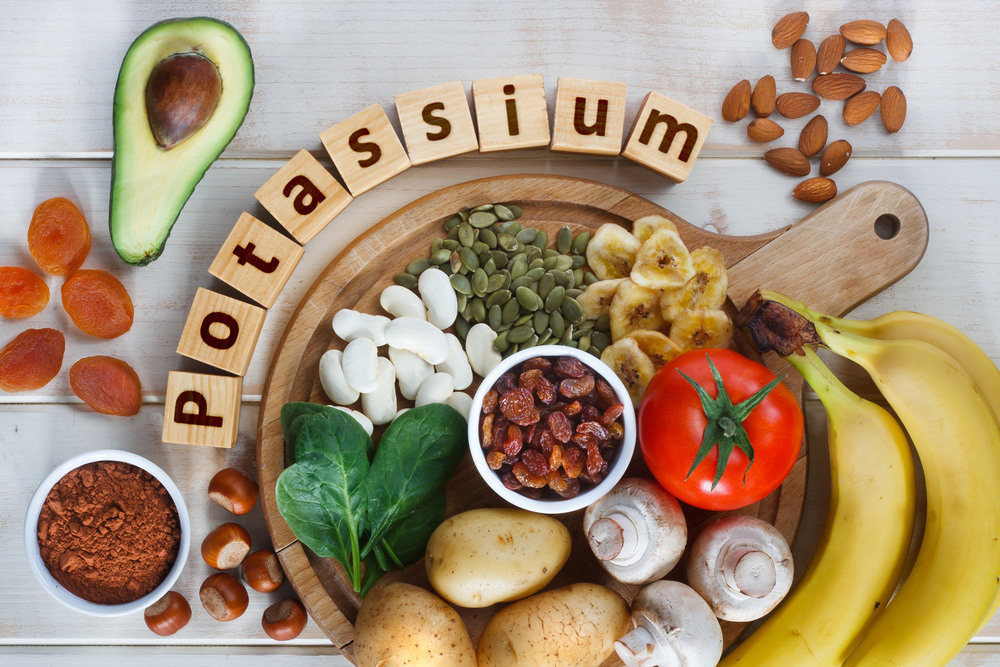When a person sweats during physical activity or other activities, they lose a lot of minerals.
The amount that is lost depends on the volume of sweat that is evacuated: the more one sweats, the more minerals are lost. Athletes are particularly at risk of mineral deficiency due to certain activities.
The minerals in the body are already quite low and insufficient. Therefore, it is important not to forget to compensate for these losses. Zoom in on these micronutrients essential to the body.
Compensating for the loss of sodium and potassium
Incidentally, sodium and potassium are essential to the body. They act within the nerve and muscle cells as well as the blood. In particular, they help to contract muscles. A fall in potassium levels causes regular fatigue and a feeling of paralysis in the limbs. As far as sodium is concerned, its deficiency causes a lowering of blood pressure. This greatly reduces physical strength.
However, during sports training, the risk of losing sodium and potassium is very high. Indeed, sweating over the long term can create a deficit. To maintain a certain balance, you should drink lightly salted water after each effort. The greater the activity performed, the more water should be consumed.
Adopt a diet rich in calcium and phosphorus
Both calcium and phosphorus are equally important. Calcium is essential for the contraction of muscles, the regulation of the heart rhythm, the blood coagulation, etc. Phosphorus, on the other hand,solidifies bones. Their deficiency can have serious effects on the body. A lack of calcium and phosphorus often causes a sudden flush of heat or sweating and repeated dizziness.
In general, the consumption of dairy products covers the needs for these elements. However, bodybuilders require more calcium and phosphorus than normal. For these athletes, 1000 mg to 1500 mg of calcium per day is required. In short, it is important not to forget to eat foods rich in dairy products every day.
Consume foods rich in magnesium
magnesium is an essential mineral for the human body as it participates in many fundamental biological phenomena. It plays a particular role in the regulation of energy metabolism.
Sportsmen and women should therefore not forget to eat magnesium. An insufficient intake can cause sudden and involuntary contractions of one or more muscles, cramps, nausea, sleep problems, severe fatigue,dizziness, etc.
When physical activity is regular, it is also necessary to consume foods rich in magnesium.
While sedentary people only need 300 mg of magnesium per day, sportsmen and women must take twice that amount, i. e. 600 mg. There is a wide range of foods rich in magnesium: wholegrain cereals, dried fruit, cabbage, onions, spinach, wheat germ, etc.
Prefer iron
This element is involved in the formation of myoglobin and haemoglobin. It helps the body to form enzymes which themselves play important roles in metabolic reactions. A decrease in iron levels implies great fatigue, severe shortness of breath, dizziness, digestive disorders.
Heavy muscular work causes iron deficiency. Overtraining and sweating are also facts that increase its loss.
To compensate for this, it is necessary to give preference to foods rich in iron and nutrients that facilitate its assimilation. These include soya, dark chocolate, cashew nuts, kidney beans, red meat, sunflower seeds, lentils, olives, etc.
The importance of zinc
It is also involved in various enzymatic reactions on which the metabolism depends. It also plays a role inactivating insulin. It is very present in the brain: it not only contributes to its structure, but also contributes to its proper functioning.
In addition to the brain, the skeleton contains 30% of the body's zinc. In fact, it is necessary for bone metabolism and impacts on bone growth. In addition, it helps to fortify the immune system.
A zinc deficiency inevitably has consequences for the proper functioning of the pancreas, and can even lead to serious organ damage. These pancreatic dysfunctions interfere with digestion.
This is a common problem for weight trainers. Intense daily training over a long period of time leads to a significant decrease in zinc levels. chronic fatigue, depression, hair loss, brain numbness, etc.
To avoid all these inconveniences, it is necessary to adopt a balanced diet. Foods particularly rich in zinc are oysters, crabs, lobsters, calf's liver, etc.
All minerals and trace elements even those not mentioned (selenium,chromium,copper,manganese,iodine,silicon, etc) are important for the proper functioning of the body.



